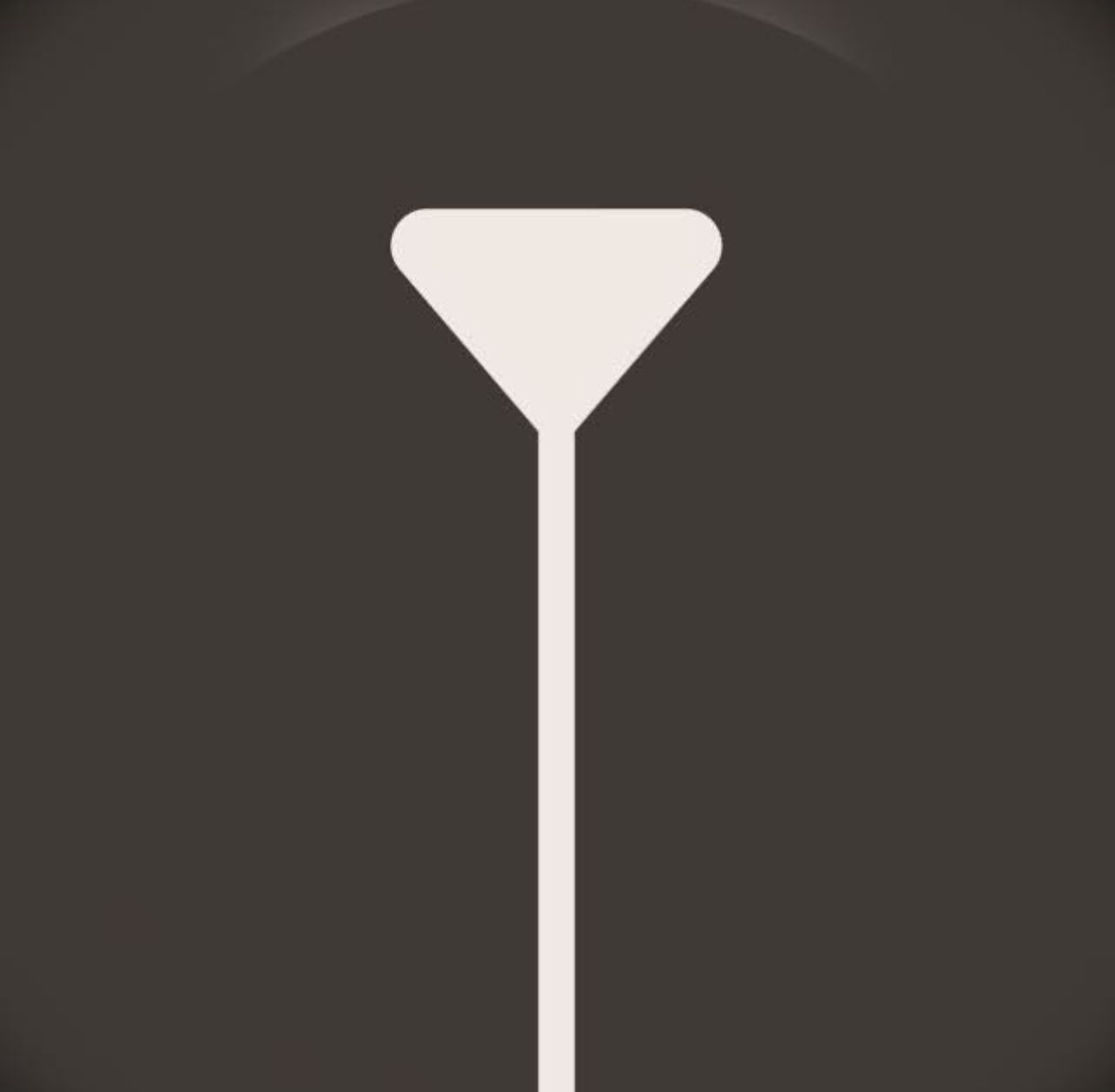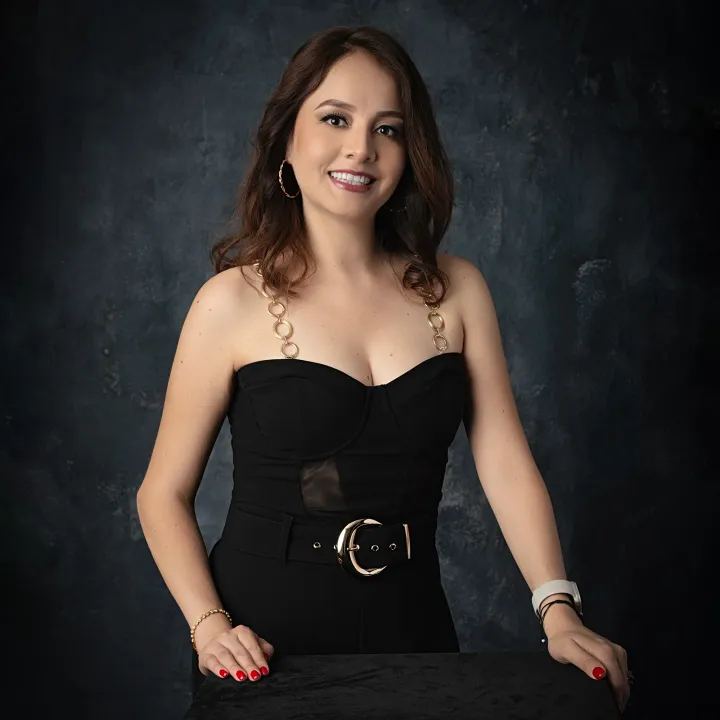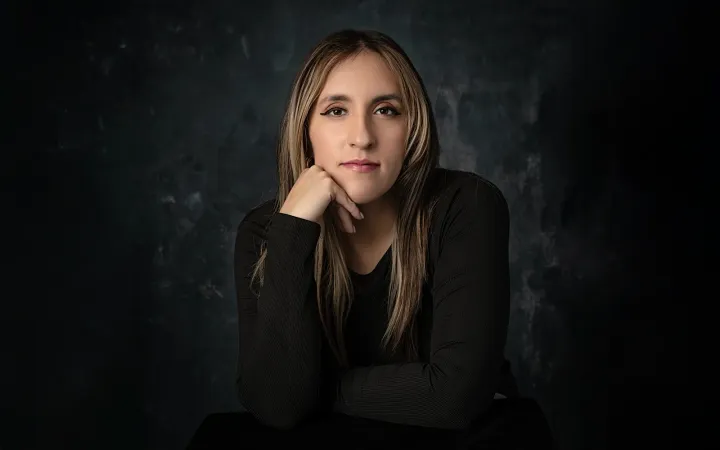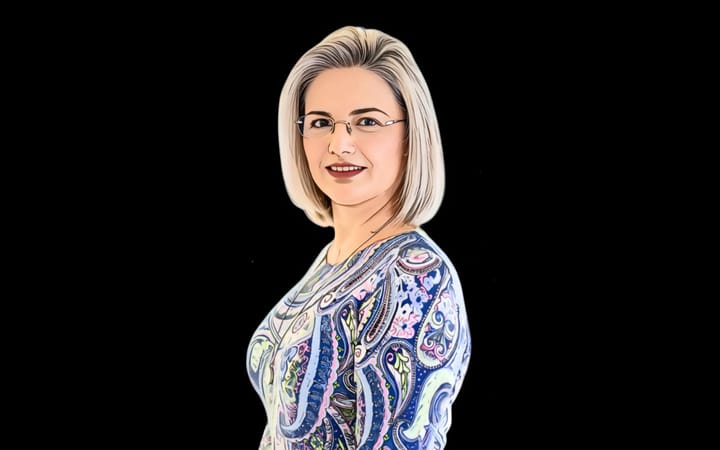Por Aidée Zamorano,
Fui la última de mi generación escolar en menstruar. Estaba en primero de preparatoria, a días de mi fiesta de quince años. En una escuela donde la mayoría éramos mujeres, los periodos eran dominio público. Las amigas de mi mamá se preocupaban excesivamente por mi caso, pero yo disfrutaba al máximo: podía seguir nadando y trepando a los trampolines o a los juegos del McDonald's con mis hermanos porque tenía “cuerpo de niña”. Para mí era normal; mi mamá también había empezado a los catorce.
Las Carmelitas Misioneras de Santa Teresa —sí, estudié en un escuela de monjas— se encargaban de que viéramos la menstruación como algo asqueroso, vergonzoso y casi un castigo divino. Nunca tuvimos una clase de educación sexual. Si en tercero de secundaria un grupo de papás impidió que leyéramos Aura, ¡qué íbamos a tener clases sobre los cambios hormonales! Hablar de la sangre que algunas compañeras dejaban en las bancas estaba prohibido.
Cuando me llegó el momento lloré abrazada de mi mamá. Para mí significaba dejar la alberca y enfrentar los comentarios de la directora sobre oler a pescado. Ese día mi papá me llevó a la ópera, fue incómodo sentarse durante cuatro horas con una enorme toalla con alas y mis jeans con florecitas cafés. Sentía que todo el mundo notaba el bulto en mi entrepierna y el “olor” que imaginaba llenaba Bellas Artes.
Por fortuna, mi menarquía fue breve. Hasta mi fiesta de quince años, mi mamá me llevaba religiosamente a revisar la toalla debajo de mi vestido color salmón, como si la menstruación pudiera reaparecer en el momento menos oportuno.
Hoy abrazo con ternura a esa versión de mí misma de quince años. Recuerdo el miedo con el que viví mis primeros periodos. En la preparatoria, ya con hombres en el salón, nos decían que nunca debían saber de nuestras toallas.
Han pasado 292 menstruaciones desde entonces, descontando mis embarazos y lactancias. Llevo cuatro años consecutivos de sangrado mensual, una cuenta que saqué hace poco, cuando entendí que un desmayo, la resequedad en la piel que me dejó manchas en brazos y piernas, el hormigueo en el brazo izquierdo, los mareos, la caída del cabello excesiva, despertar empapada en sudor y otros síntomas eran el inicio de la perimenopausia. Fue un camino de tres meses: entre consultas, diagnósticos errados y gastos, hasta que una endocrinóloga —por recomendación de una amiga— me ayudó a dar con la respuesta. Y cuando ella, mis amigas y el ChatGPT coincidimos en el diagnóstico sentí gran alivio, por un momento temí una recaída de ansiedad y depresión.
Es desgastante que en estos días las etapas hormonales —menarquía, embarazo, lactancia, menopausia— sigan siendo tratadas como problemas individuales, cuando deberían ser temas colectivos. Apuesto que no fui la primera en llegar con estos síntomas a ver a las especialistas médicas. En un país europeo en el que el 51% de la población es mujer y cuyo PIB e ingreso per cápita es mayor que en México no creí que un diagnóstico tan natural resultara tan complicado.
Aquí tampoco es fácil encontrar un sistema de salud que entienda nuestras necesidades. Coral Herrera tenía razón cuando me dijo: "Espero que se te quite pronto esa idea de que acá estamos mejor."
Las mujeres seguimos enfrentando una medicina que trivializa nuestros síntomas y perpetúa la desinformación. Tal vez tú también llevas meses con un picor en la piel que nadie sabe explicarte o tienes miedo de lavarte el cabello porque sientes que tienes la mitad de la cantidad que hace tres meses.
En México, donde más del 50% de las mujeres trabajamos en la informalidad, urge que las políticas públicas garanticen el acceso a servicios dignos. El IMSS reporta más de 70 mil atenciones relacionadas con la sustitución de estrógenos al año, pero estas cifras dejan fuera a quienes no cuentan con seguridad social. Visitar endocrinologas, dermatólogas, ginecólogas para “descubrir” el inicio de un proceso esperado para todas las mujeres no debería ser un privilegio de clase.
Puede que esta etapa me dure quince años más, o tal vez no. He leído que puede empezar desde los 35. Cuando llegue el día de mi última menstruación, voy a hacerme una fiesta y brindaremos con copitas menstruales. Porque si el sistema heteronormado nos ha enseñado a traumarnos y asustarnos con la llegada de la menopausia, yo voy a armar un fiestón con mariachi, para el sistema mi cuerpo será visto como menos disponible para el consumo de los hombres, supongo que piensan que eso nos pone tristes y tal vez por eso a algunos especialistas médicos les es más fácil decirnos que es estrés, antes que averiguar la respuesta en un perfil hormonal.

Las opiniones expresadas son responsabilidad de sus autoras y son absolutamente independientes a la postura y línea editorial de Opinión 51.






Comments ()